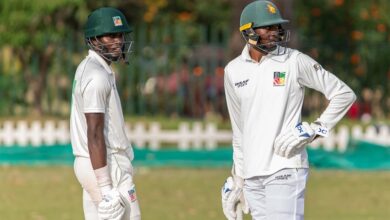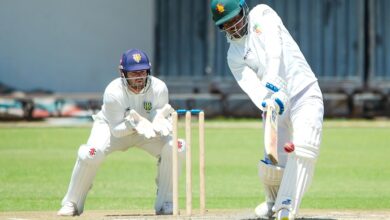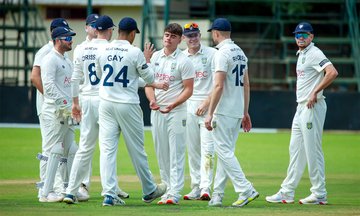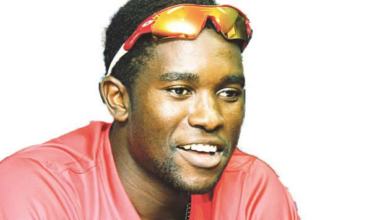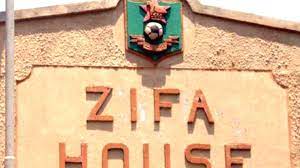
NOW that Zimbabwe has been ‘unbanned’ and welcomed back into the fold by FIFA and elections are expected to be held within the year, the murky underworld of local football has already begun working in the background.
After the impasse between FIFA and the Sports and Recreation Commission (SRC) was resolved, Simba Jemwa examines the changing face of an influential footballing subculture – the mafia-like fixers of the local game.
So confirmation that the ZIFA elections will be held within the year has once again turned the spotlight on the football’s underworld.
Underhanded developments are expected in Zimbabwean football elections as a newly established Normalisation Committee was given a year to oversee the electoral process and interests of various actors involved in the election process.
The integrity of this Committee could push the electoral process in a different direction as the local game’s mafioso move to ensure an election victory of their own.
The electoral process has always been fraught with allegations of possible third-party interference who have, over the years, moved from presidential candidate to the other to safeguard their interests.
These characters in the shadows have become kingmakers for individuals who aspire to lead the troubled association.
Some known players turn up when ZIFA is holding elections and are often accused of validating football candidacy bids — which has turned out to be true.
Former Dynamos Chairman Lincoln Mutasa is the Chairman of the Normalisation Committee, which also includes former Mighty Warriors Coach Rosemary Mugadza, former Highlanders defender Sikhumbuzo Ndebele — who is a member of the British Sports Lawyers Association and Legal Practitioner Nyasha Tashinga Sanyamandwe.
The two former footballers had exemplary careers in men’s and women’s football. The duo should add value to the Committee while looking out for the interests of the players who make football what it is.
Counting on the support of their erstwhile mafioso colleagues, various unsuitable candidates have managed to enter the ZIFA Council, populating it with inept individuals who will then play an active role in elections into the board.
The ‘clean’ Councillors often have little choice but to indulge the kingmakers.
Desperate candidates have been known to pay thousands to secure their election.
That easy money has solidified the overlap between local football and what should be considered organised crime, given the extent of corruption in ZIFA elections. Compared to other forms of criminal enterprise, touting election candidates carries minimal risks and negligible legal sanction, so many mafias have muscled their way in.
And, as with organised religion, organised fixers can be a significant force for good and bad. In Zimbabwe, however, the bad has almost always outweighed the good.
Once these fixers have their desired candidates in office, trips with national teams are guaranteed, jobs are available, and board decisions are debated and passed in pubs in the capital city, Harare.
It remains a paradoxical subculture, subtly criminal and arrogant yet surprisingly humble. But the resurgence of “fixers” means that local football will continue to be known for all the wrong reasons.


